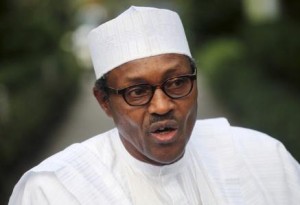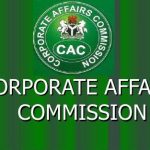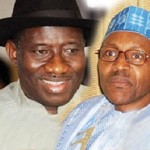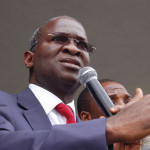Nigeria 2015: A Vote for Change
Articles/Opinion, Latest Headlines Friday, January 9th, 2015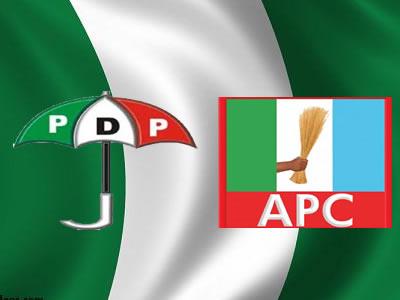
As Nigeria goes to the polls this February to elect a new government, a new era seems to have begun in the nation’s electoral process, driven by demographic changes and the emergence of a politically-aware middle-class. The upcoming election could create fresh opportunities for Nigeria, and reshape the rules for access to a vibrant market and a better society for all.
Since 1999, when Nigeria started its liberalization process, the Nigerian economy has grown at approximately 6.5% annually, overtaking most Asia countries to become among the world’s most promising economy by purchasing power parity in 2006. Since then, however, Nigeria has slowed significantly. The 2012-14 financial years saw the GDP growth rate fall below 3.8% – the lowest in a decade; the fiscal deficit widened and the naira plummeted for much of the second half of 2014. Foreign investments were down to a trickle, inflation had spiraled and major infrastructure projects had been put on hold. Companies, like shell, scaled down their Nigeria investments, while others like Total and Julius Berger are also having a second thought about the Nigerian economy; everything seems pretty bad for now. The only remedy to our sinking economy is a block vote for change, which the opposition seems to represent.
During this period, there were also various reports of corporate scams in the oil and gas sector. All this exacerbated the general sense of disenchantment among Nigerians, and the Peoples Democratic Party (PDP) lead government, in its fourth term at the helm, faced mass protests against corruption.
A NEW ORDER?
The entire country is now looking forward to the February general elections to usher in a new government that would boost economic revival, create new jobs, improve the healthcare and education sectors and address the large infrastructural gaps. Exactly who will be tasked with this challenge will be shaped in part by three key factors:
Power to young Nigerians: According to the Election Commission, there are approximately 5 million ‘first-time voters’ in the February 2015 elections. That’s 12 per cent of the total electorate! These voters are young people in urban and rural Nigeria born in the post-liberalized era. They are educated; relatively more exposed to global trends, and have their own set ideas on what they want from the political system. This group is expected to play a large role in influencing this year’s election results.
The social media era: Social media engagement is expected to have a direct influence on up to 30 per cent of the seats in the Nigerian legislative. These seats are mostly in urban areas where constituents are a mix of youth and professionals. All major parties have set up dedicated social media teams, and are using Facebook and Twitter as key channels of influence.
The first truly opposition with a national background: The past year has seen the emergence of a new brand of politics. Unlike traditional parties, which formed largely out of regional sentiment, religion and language, the All Progressive Congress (APC) grew out of the desire for a better Nigeria, the coming together of the opposition for the first time in the history of Nigeria was also symbolic, as everybody seems tired of a government who harbor and promote corruption. Within a year of its formation, The All Progressive Congress (APC) rose to power in 14 states. The All Progressive Congress (APC) also parade a presidential hopeful in person of General Muhammadu Buhari, who on its own has the capacity of winning a free and fair election even as an independent candidate. The competitive nature of the February election has forced the government to abandon any idea of rigging because this will incur the wrath of the people and even the opposition has also made their stand know to the whole world, election must be free and fair for the first time in the history of our nation.
WHAT WE CAN EXPECT?
The 2015 election will be a vote for change. Irrespective of the alliances formed to build the next government, jump starting economic growth will be top priority. In this environment, corporations need to keep an ear to the ground and closely monitor the developments and their implications on business-related policy. The new progressive entrants into Nigerian politics should be observed closely, to evaluate how this will contribute to the new agenda.
As a new government takes charge, communication and engagement strategies might need to be re-evaluated, and there will be a clear need for organizations to have a greater focus on fundamentals and longer term commitment, while being sensitive to the country’s demands.
Comrade Ahmed Omeiza Lukman,
Kiev, Ukraine.
Related Posts
Short URL: https://www.africanexaminer.com/?p=21437


